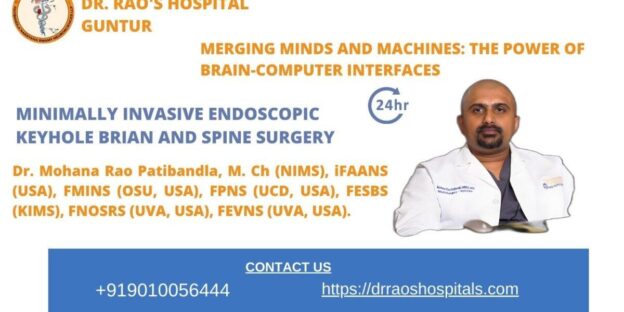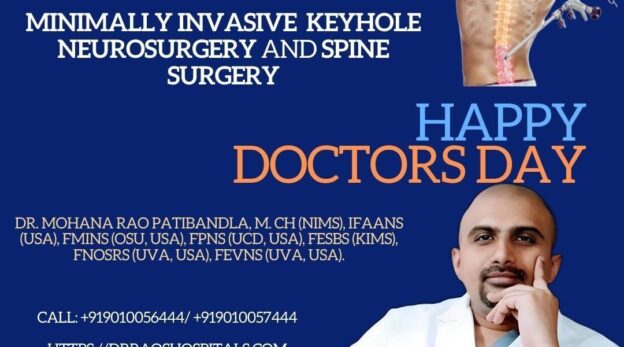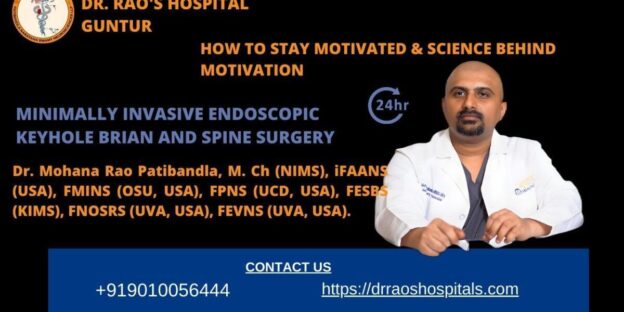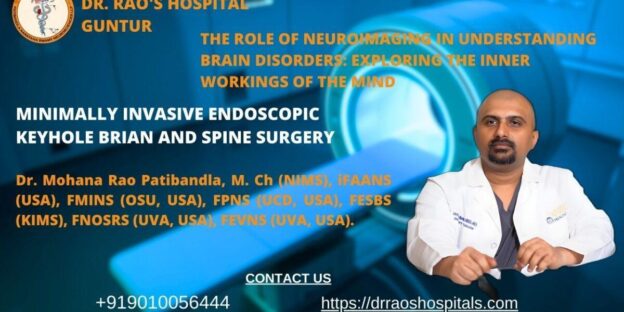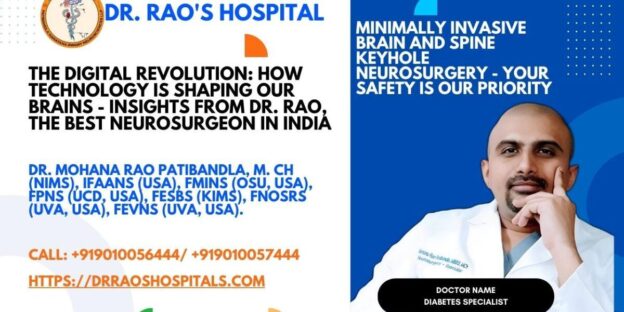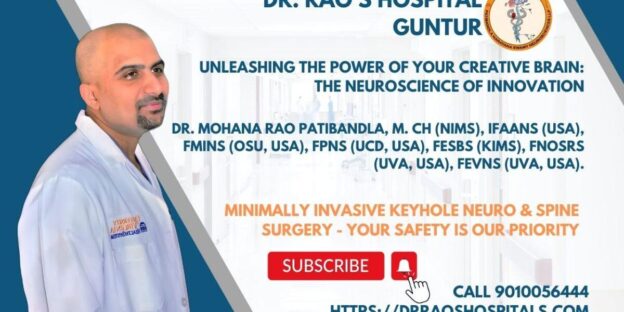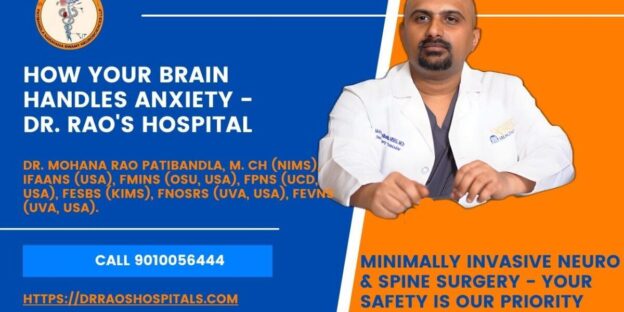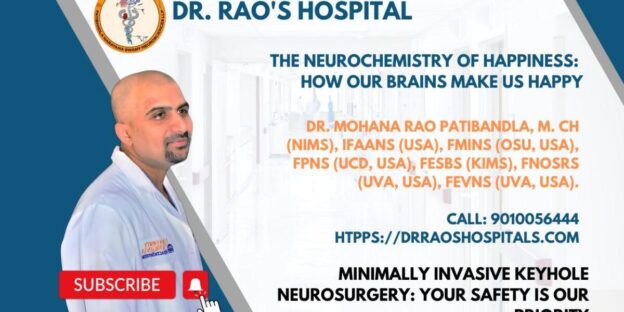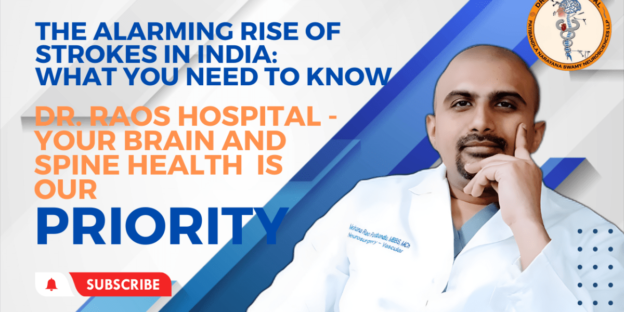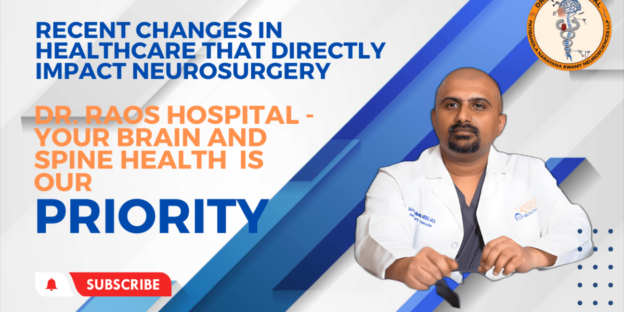The Science of Brain-Computer Interfaces: How to Control Computers with Your Mind
The Science of Brain-Computer Interfaces: How to Control Computers with Your Mind
Have you ever imagined being able to control a computer with your mind? Well, it’s not just science fiction anymore! Brain-computer interfaces (BCIs) allow people to control computers and other devices using brainwaves.
Introduction
In the rapidly advancing field of neuroscience, scientists and medical professionals are exploring groundbreaking technologies that bridge the gap between the human brain and computers. One such innovation is the Brain-Computer Interface (BCI). In this blog, we will delve into the fascinating world of BCIs and how they unlock the potential of neural technology. Join us on this journey as we also highlight the contributions of Dr. Rao, the best neurosurgeon in India, and Dr. Raos Hospital in this field. So, let’s embark on this exciting exploration!
BCIs work by recording electrical activity in the brain. This activity is then translated into commands that can be used to control a computer or other device. For example, a BCI could control a cursor on a computer screen or type text.
BCIs are still in their early stages of development, but they have the potential to revolutionize the way we interact with technology. For people with disabilities, BCIs could provide a way to communicate and control their environment. BCIs could make interacting with computers more accessible and more natural for everyone else.
Understanding Brain-Computer Interfaces
Brain-Computer Interfaces are revolutionary devices that establish a direct communication channel between the human brain and an external computer or device. They enable individuals to control external devices using their brain signals, opening up a realm of possibilities for those with neurological conditions or disabilities.
The Science Behind Brain-Computer Interfaces
BCIs work by detecting and interpreting electrical signals produced by the brain. These signals are then translated into commands that control external devices. The technology relies on sophisticated algorithms and machine learning techniques to decode and interpret the brain’s electrical activity.
Applications of Brain-Computer Interfaces
BCIs have transformative potential across various fields. In healthcare, they can assist individuals with paralysis to regain mobility, enhance communication for those with speech impairments, and aid in treating neurological disorders such as epilepsy. Beyond healthcare, BCIs have the potential to revolutionize gaming, education, and assistive technologies.
Dr. Rao and the Advancement of Neural Technology
Dr. Rao, the best neurosurgeon in India, is at the forefront of neural technology and its applications. At Dr. Raos Hospital, he and his team are actively involved in researching and implementing BCIs to improve the quality of life for patients. Their expertise and dedication drive innovation in this field.
The Future of Brain-Computer Interfaces
- Helping people with disabilities. BCIs could help people with disabilities communicate and control their environment. For example, a BCI could be used to help someone with paralysis control a wheelchair or to type text.
- Improving human-computer interaction. BCIs could make it easier and more natural to interact with computers. For example, a BCI could control a cursor on a computer screen or type text without a keyboard.
- Advancements in neuroscience. BCIs could help us to learn more about how the brain works. For example, BCIs could be used to study how the brain controls movement or responds to different stimuli.
BCIs are a new and exciting technology with the potential to change the way we interact with the world. As the technology continues to develop, we can expect to see even more impressive applications of BCIs.
Conclusion
Brain-Computer Interfaces are transforming how we interact with technology and opening up new possibilities for individuals with neurological conditions. With the leadership of Dr. Rao, the best neurosurgeon in India, and the expertise of Dr. Raos Hospital, the field of neural technology continues to advance. Together, we are unlocking the potential of BCIs and paving the way for a future where the power of the mind knows no bounds.

